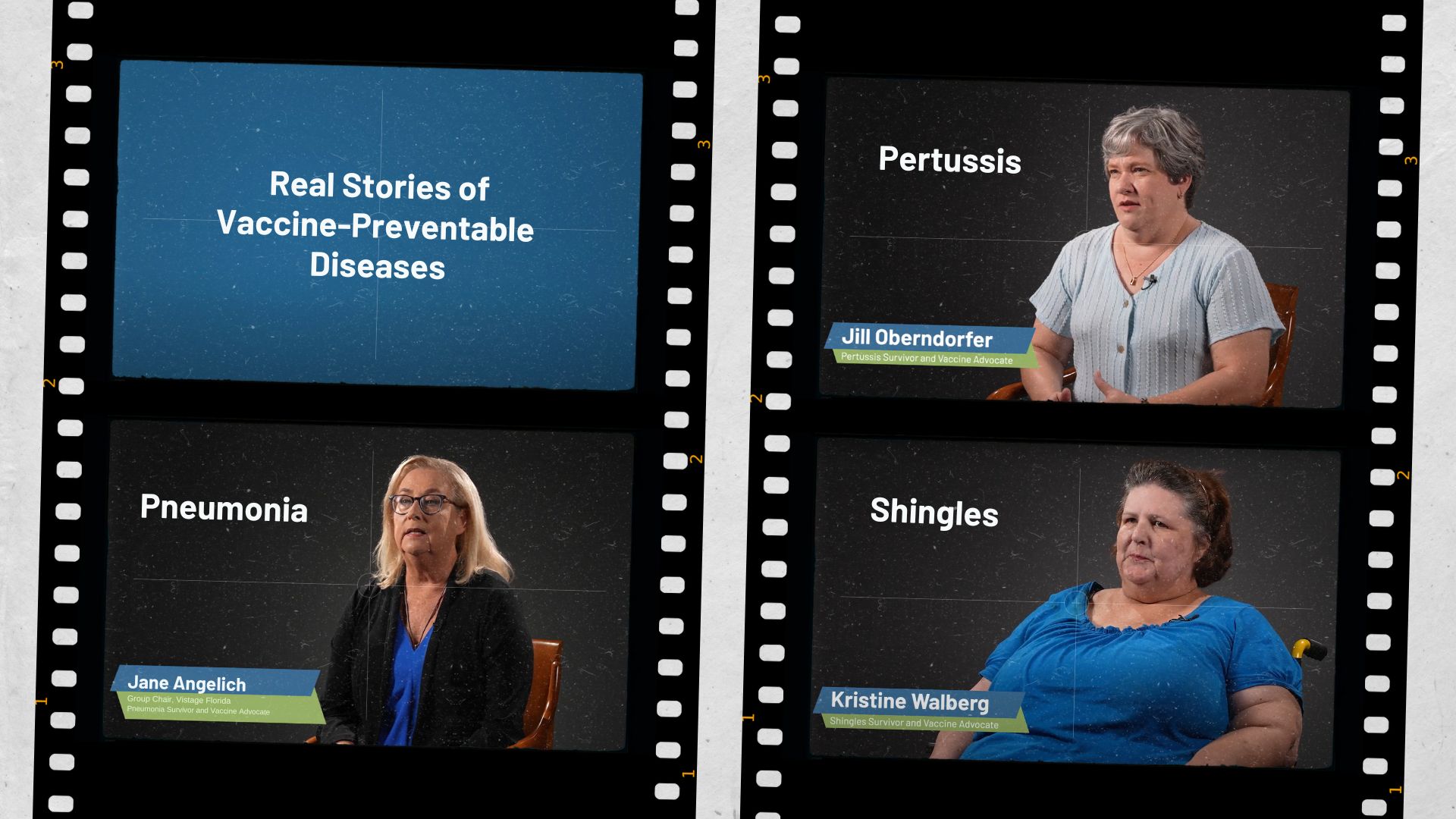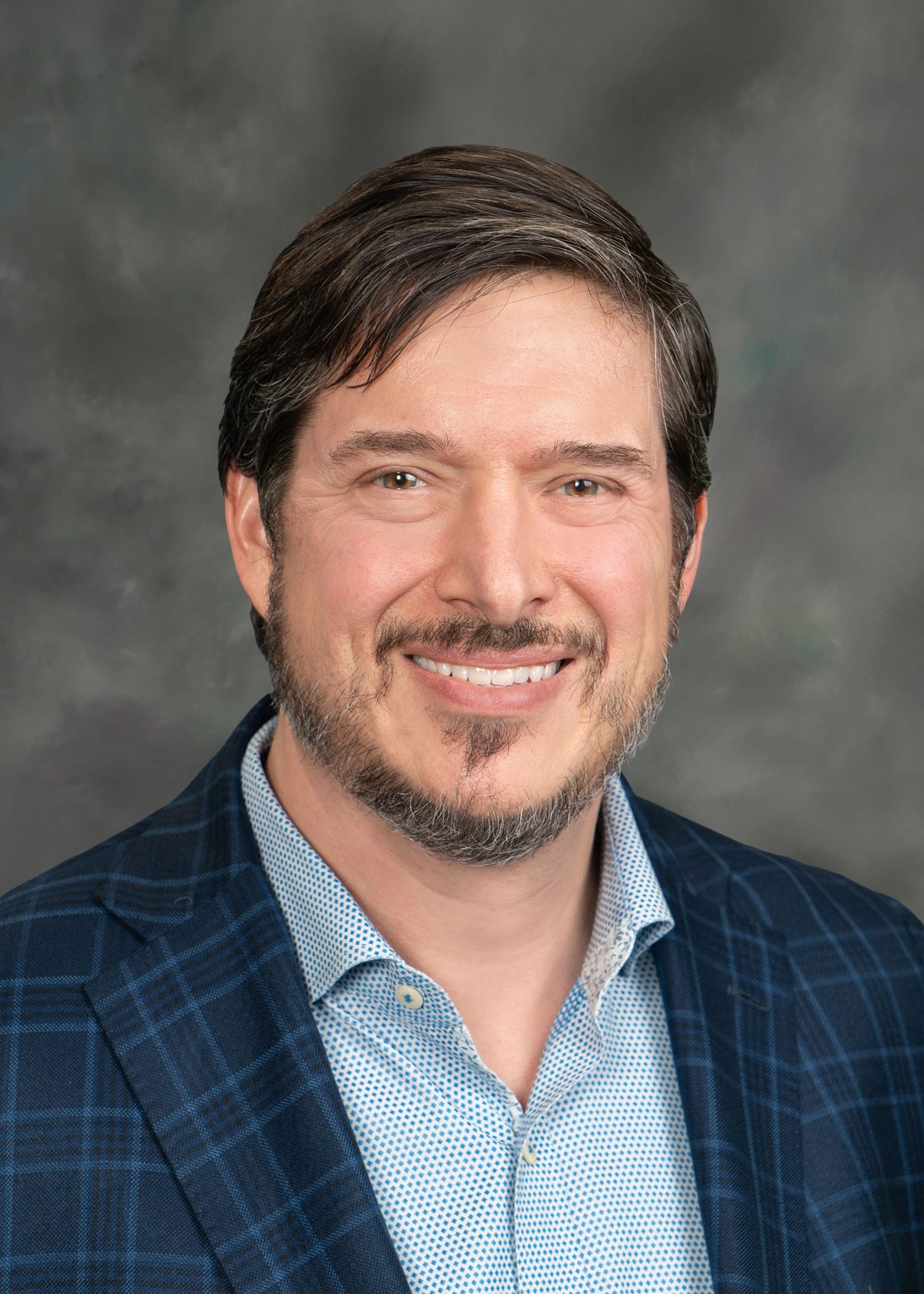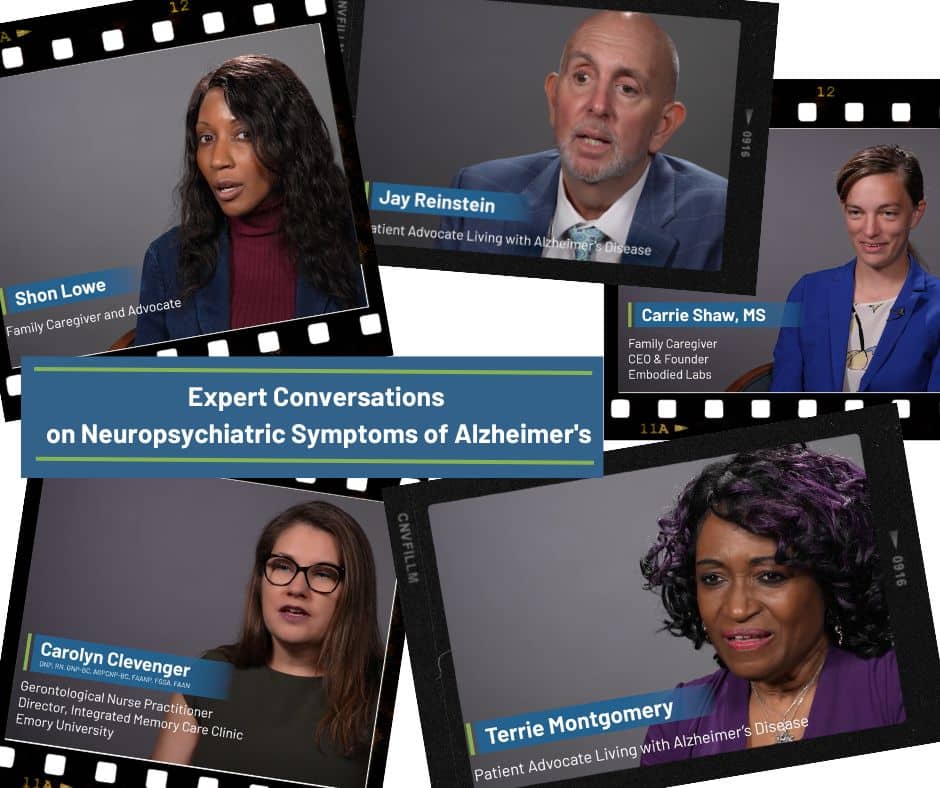This May, we observed and celebrated Older Americans Month, with the theme of “Aging Unbound.” As I frequently do when I contemplate writing this blog, I spoke with an older colleague about my approach, seeking a one-person sounding board about what people on the other side of 65 are experiencing.
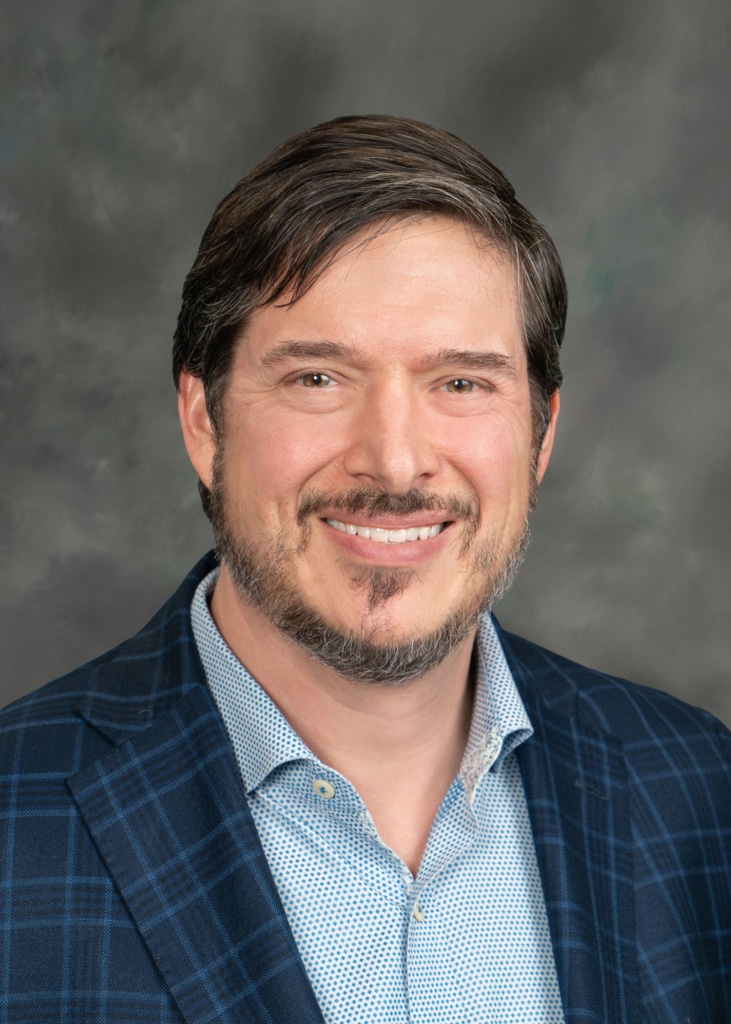
Her response took me aback and, to be honest, and forced me to reorient my thinking. My colleague is 77, self-employed as a consultant, and working basically full-time. She responded, with a fair amount of vehemence, “I wish people would stop asking me quizzically if I am still working. That word ‘still’ carries such an assumption that anyone over 75 who is enjoying a career is some kind of aberration, acting way outside the accepted norms of society.”
Prior to her comment, my whole take on this theme had been geared toward what younger people could do to free up the elderly from some of the very real constrictions of old age. In fact, I was abruptly reminded that my own preconceptions about aging could be limiting the lives of people around me, and perhaps I was the one who needed to be “unbound.”
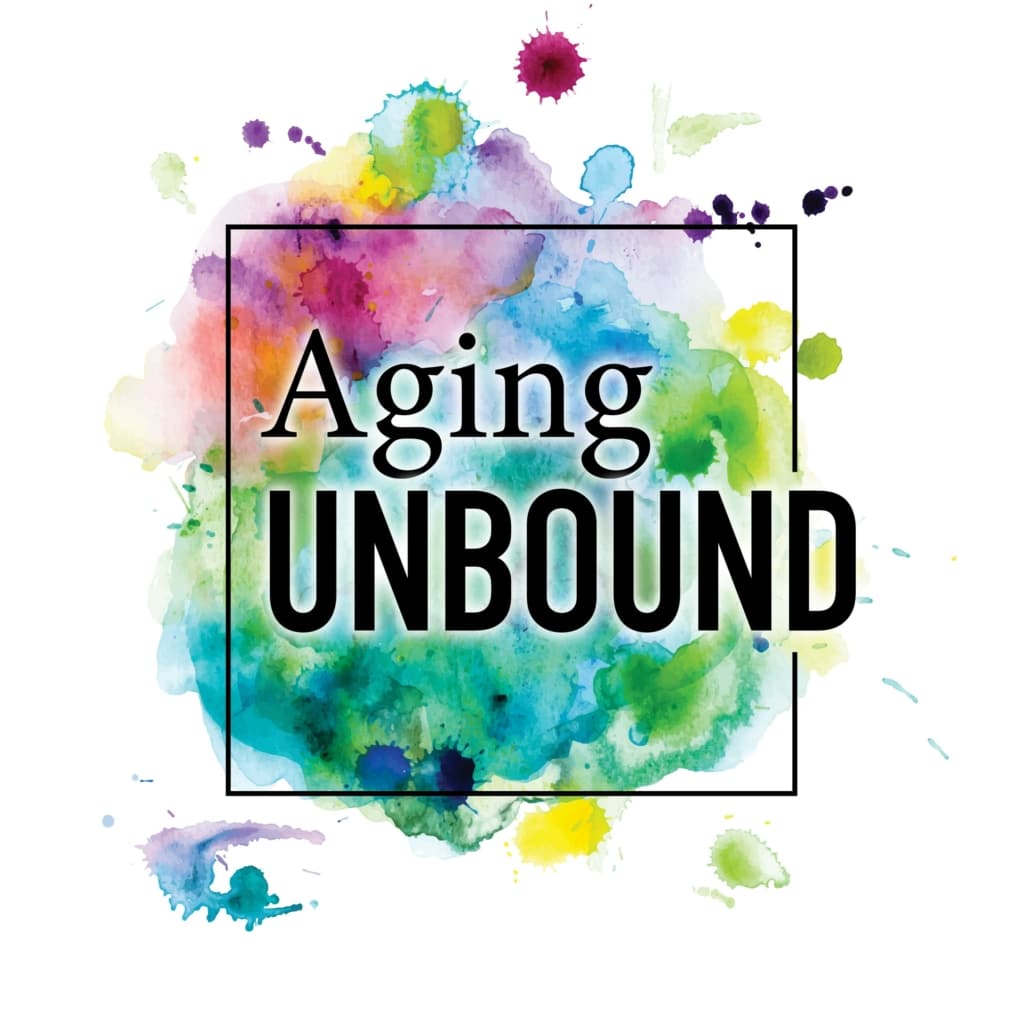
This effort to “unbind” should flow two ways: for senior citizens, this will occasionally mean pushing back against the stereotypes that limit their initiative and opportunities to create change in their lives, to treasure existing relationships and form new ones, to assume leadership roles in their communities and to treasure the benefits of growing older. (Another friend in her eighties calls it the “victory lap.”) For those of us in the “younger” generations, it also means setting aside stereotypes of what it means to experience aging. Aging is not optional, but feeling and “acting” old is certainly not required.
This is not to in any way diminish the very real challenges that aging presents: loss of loved ones, declining health, financial problems, and loneliness and isolation can all erode the sense of security and well- being of millions of American seniors. But take a look at these statistics from a recent AARP poll: Almost half (49%) of Americans 70 and older rate their overall health as “very good” or “excellent.” More than half of Americans 70 and older rate their financial situation as “very good” or “excellent.” More than half of individuals between 70 and 79 are “very optimistic” or “extremely optimistic” about their own future. And relationships with family or friends contribute to the sense of joy of four out of five individuals over 70 years old.
So, let’s celebrate and learn from those who are living full and rewarding lives in their senior years. They are among the best resources we have to ensure that the path to unbound aging is broadened for millions of others.

